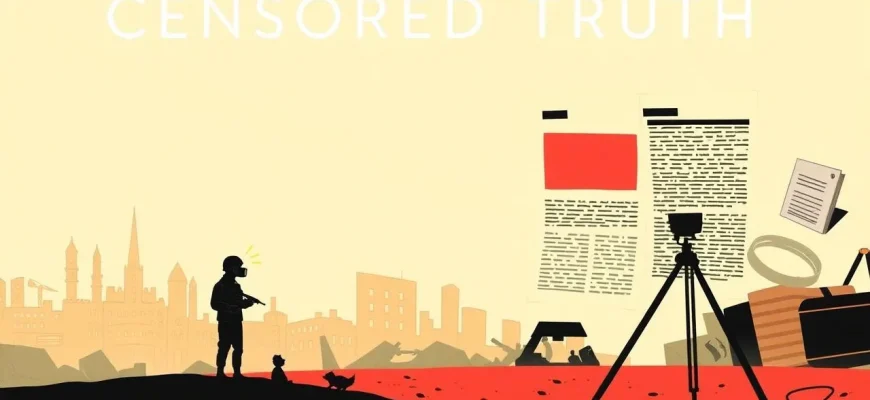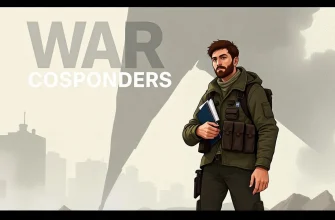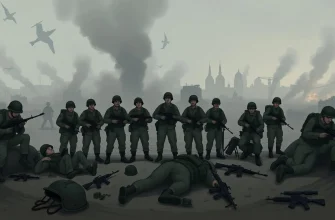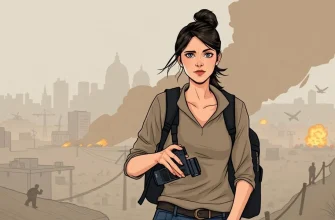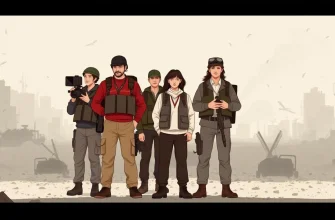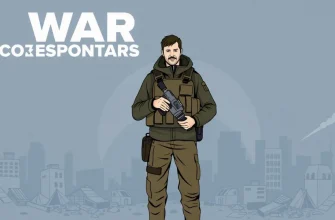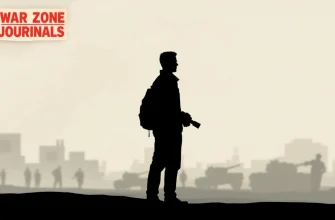The theme of military censorship in war films provides a fascinating lens through which we can examine the control of information, the manipulation of truth, and the impact on both soldiers and civilians. This curated list of 10 films delves into various aspects of censorship during wartime, offering viewers a deeper understanding of how conflicts are shaped by what is seen, heard, and reported. From historical dramas to modern thrillers, these films not only entertain but also provoke thought on the ethics of information control in times of war.

The Manchurian Candidate (1962)
Description: This Cold War thriller explores brainwashing and political manipulation, with themes of censorship and control over information during the Korean War.
Fact: The film was remade in 2004, but the original remains a classic for its chilling portrayal of political intrigue.
 Watch Now
Watch Now 
The Battle of Algiers (1966)
Description: This Italian-Algerian film depicts the Algerian War of Independence, focusing on the French military's use of censorship to control the narrative of the conflict.
Fact: The film was banned in France for several years due to its sensitive portrayal of the French military.
 Watch Now
Watch Now 
The Killing Fields (1984)
Description: This film recounts the friendship between a Cambodian journalist and an American reporter during the Khmer Rouge regime, focusing on the censorship and control of information during the genocide.
Fact: The film was shot on location in Thailand and Cambodia, providing an authentic backdrop to the harrowing events depicted.
 Watch Now
Watch Now 
Good Morning, Vietnam (1987)
Description: This comedy-drama, starring Robin Williams, showcases the real-life story of Adrian Cronauer, a radio DJ during the Vietnam War whose candid broadcasts clash with military censorship.
Fact: The film was inspired by Cronauer's own experiences, and Williams improvised much of his dialogue, making the film's portrayal of censorship both humorous and poignant.
 Watch Now
Watch Now 
Wag the Dog (1997)
Description: This political satire involves a spin doctor and a Hollywood producer creating a fake war to distract from a presidential scandal, illustrating the manipulation of media and public perception.
Fact: The film's title comes from the saying "the tail wagging the dog," symbolizing how the media can control the narrative.
 Watch Now
Watch Now 
The Lives of Others (2006)
Description: Although not directly about war, this German film explores the pervasive surveillance and censorship in East Germany, reflecting the broader theme of information control during the Cold War.
Fact: The film won the Academy Award for Best Foreign Language Film, highlighting its global impact and relevance.
 Watch Now
Watch Now 
Jarhead (2005)
Description: Based on a memoir, this film follows a Marine during the Gulf War, highlighting the psychological effects of waiting for action and the censorship of their experiences.
Fact: The title "Jarhead" refers to the high and tight haircut worn by Marines, symbolizing their identity and conformity.
 Watch Now
Watch Now 
The Men Who Stare at Goats (2009)
Description: While primarily a satire, this film touches on the military's attempts to control information through unconventional means, including psychic warfare and mind control.
Fact: The film is based on a book by Jon Ronson, which explores real-life military experiments in psychological operations.
 Watch Now
Watch Now 
The Post (2017)
Description: Set during the Vietnam War, this film explores the battle between the press and the government over the publication of the Pentagon Papers, showcasing the struggle against military censorship.
Fact: The film was nominated for several Academy Awards, including Best Picture.
 Watch Now
Watch Now 
The Report (2019)
Description: This film delves into the CIA's use of enhanced interrogation techniques post-9/11, highlighting the suppression of information and the fight for transparency.
Fact: The film was praised for its accurate depiction of the Senate Intelligence Committee's investigation into the CIA's practices.
 30 Days Free
30 Days Free 
